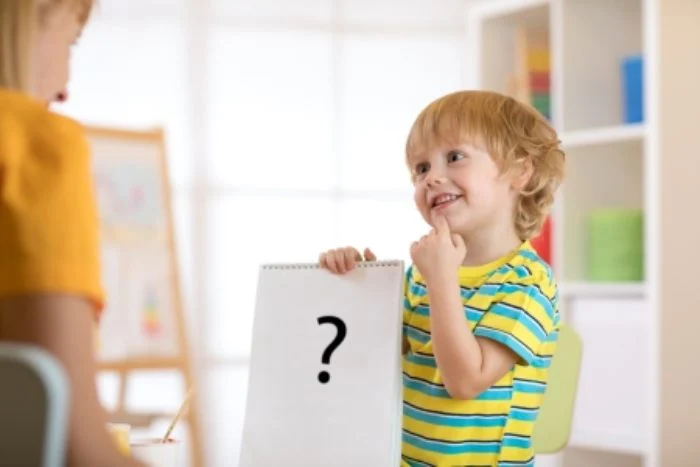Teaching children how to solve problems is a critical skill that sets them up for success in life. Problem-solving helps develop critical thinking, creativity, and perseverance. Engaging in activities that foster these skills can also be a fun bonding experience for parents and children. Below are five problem-solving activities you can try with your child to help sharpen their minds and build their confidence.
1. Puzzle Games
Puzzles are an excellent way to encourage children to think critically and explore different ways to approach a problem. They help with spatial reasoning, logical thinking, and patience. Start with simple jigsaw puzzles and gradually increase the complexity as your child gets better. You can even try crossword puzzles or Sudoku for older children. The process of trial and error when placing pieces teaches kids that mistakes are part of the learning process, and it’s okay to try again.
Tip: Work on puzzles together. Ask open-ended questions like, “What do you think fits here?” to get your child thinking and explaining their thought process.
2. Build a Fort
Building a fort with pillows, blankets, and chairs may seem like a simple activity, but it involves a lot of problem-solving! Your child will need to think about the stability of the structure, how to use different materials effectively, and how to adjust if things don’t go as planned. Building forts allows kids to engage in engineering-like thinking while having fun.
Tip: Encourage your child to plan the design of the fort before starting. Ask questions like, “What can we use to make the walls strong?” to help them think through possible solutions.
3. Treasure Hunt
A treasure hunt is a fantastic way to encourage critical thinking and teamwork. Create a series of clues that lead to a final prize, and have your child work to solve each one. The clues should be age-appropriate and can range from riddles to physical challenges.
Treasure hunts teach children how to break down larger tasks into smaller, more manageable steps, and they also enhance their communication and collaboration skills if done in groups.
Tip: After completing the hunt, discuss the steps they took to solve each clue. This reflection helps them understand their problem-solving process.
4. Lego or Building Blocks Challenges
Lego sets or building blocks are great tools for problem-solving. Give your child a challenge, such as building the tallest tower or creating a specific structure, and watch their creativity unfold. These activities encourage trial and error, perseverance, and fine motor skills.
Your child will have to assess the stability of their structure, adjust their plan if something collapses, and figure out how to complete the challenge.
Tip: Set small goals along the way, like “Can you build a house with four walls?” and offer encouragement as they progress. This boosts their confidence and helps them see that solving problems can be fun.
5. Math and Word Problems
Introducing your child to simple math and word problems is an effective way to develop logical reasoning and analytical thinking. This private school in London recommends starting with age-appropriate challenges, such as solving word problems or figuring out how many cookies each person gets if they’re divided equally.
Math problems train children to analyse situations, develop strategies, and execute solutions. Even small successes in solving math problems boost confidence and encourage a love for learning.
Tip: Use real-life examples to make the problems more relatable. For example, when cooking, ask questions like, “If we need two eggs per batch of cookies, how many do we need for two batches?”
Problem-solving is an essential life skill that can be nurtured from a young age. Through engaging activities like puzzles, fort-building, treasure hunts, and math challenges, children learn to think critically, assess situations, and come up with creative solutions. These activities not only sharpen their minds but also give them the confidence to tackle challenges both big and small.
By incorporating these fun problem-solving activities into your routine, you’re helping to build a foundation of skills that your child will carry throughout their life.
